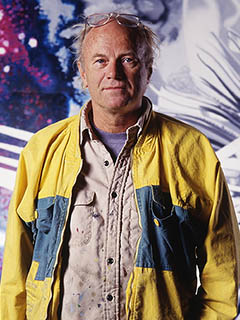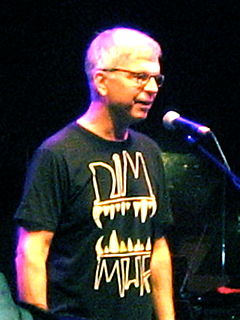A Quote by Ramesh Srinivasan
Marshall McLuhan prediction was some kind of electronic communication technology would emerge to instantaneously connect the world so much so that the whole globe would be like a village.
Related Quotes
The criteria [to take or refuse the role] is that I would love to have some kind of dialogue or communication with the director. I need to understand that we can communicate and that we like communication. That's something I have to have a strong feeling about. Secondly, I have to find the script intriguing or interesting. I don't have to understand the whole script, but I do have to find it intriguing. If those two things are present, that would probably be a yes.
With communication technology in general, there's a kind of certain critical mass of people. Once you get to 15% of the world's entire population using one communication technology, that's a big deal. It's beyond the theoretical at this point. The people who think it's a fad have probably not been paying that much attention.
One orbit, with a radius of 42,000 kilometers, has a period of exactly 24 hours. A body in such an orbit, if its plane coincided with that of the Earth's equator, would revolve with the Earth and would thus be stationary above the same spot on the planet. It would remain fixed in the sky of a whole hemisphere ... [to] provide coverage to half the globe, and for a world service three would be required, though more could be readily utilized. (1945) [Predidicting geosynchronous communication satellites]
Sometimes I'm trying to communicate a feeling. Sometimes I can't piece it together into any kind of coherant thesis. I'm just trying to evoke some kind of mood, and put some kind of idea in somebody's head. If Marshall McLuhan or Harold Innis were looking at it, they would tell you that the genre of rock music isn't the best way to deliver a political message because it distorts it, it makes it into entertainment. Perhaps the best political message is just to speak it to somebody. I think that's something I'm always writing about in songs, just how to mediate, how to present something.
Where was the use, originally, in rushing this whole globe through in six days? It is likely that if more time had been taken in the first place, the world would have been made right, and this ceaseless improving and repairing would not be necessary now. But if you hurry a world or a house, you are nearly sure to find out by and by that you have left out a towhead, or a broom-closet, or some other little convenience, here and there, which has got to be supplied, no matter how much expense or vexation it may cost.
































